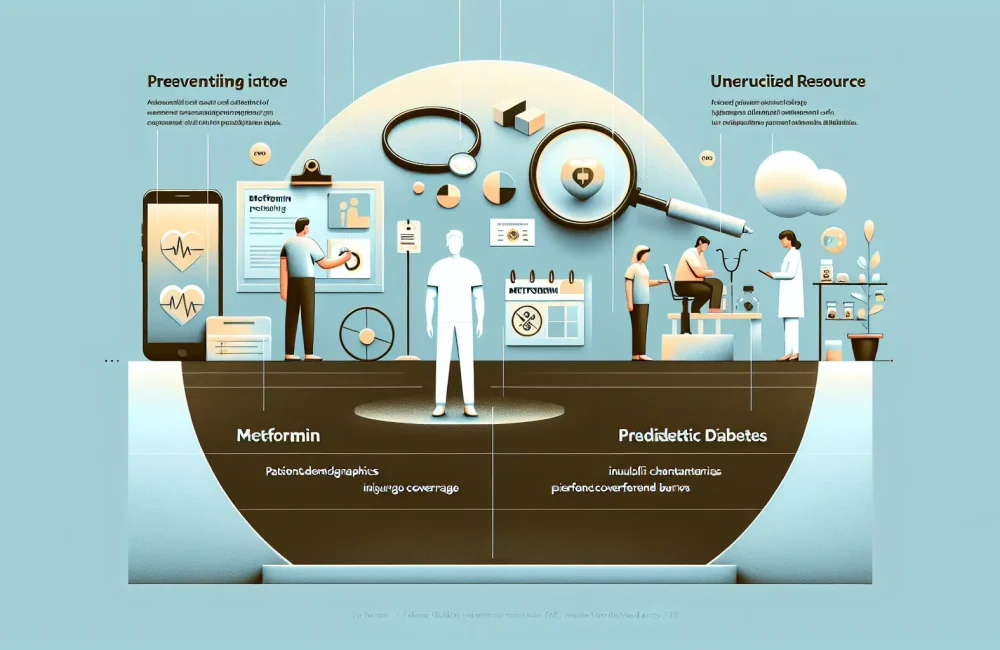By CAFMI AI From The Journal of the American Board of Family Medicine (Open Access)
Program Overview and Participant Demographics
The virtual diabetes boot camp presents an innovative approach in diabetes management, focusing on improving glycemic control through a structured telehealth education program. This intervention targeted adults with either type 1 or type 2 diabetes who had suboptimal glycemic control, specifically those with hemoglobin A1c (HbA1c) levels greater than 7.5%. The program spanned 8 weeks and was designed to deliver comprehensive diabetes self-management education remotely, thereby making it accessible to a wider patient population regardless of geographic or transportation limitations. Structured group sessions were held weekly via a telehealth platform, emphasizing key areas such as medication adherence, dietary modifications, physical activity, and mental coping strategies associated with diabetes management. The inclusion of remote glycemic monitoring allowed real-time tracking of participants’ progress, facilitating personalized feedback from diabetes educators and clinicians. This patient-centered approach aimed to enhance self-efficacy and engagement, which are critical factors influencing diabetes outcomes.
Clinical Outcomes and Patient Engagement
The results of the program were impressive, evidencing a statistically and clinically meaningful improvement in glycemic control. Among the 50 participants who completed the program, the average HbA1c decreased by 0.9 percentage points from baseline—a change considered significant in reducing the risk of diabetes-related complications. Beyond the quantitative outcomes, participants reported a high level of satisfaction with the format and content of the virtual boot camp, which supports the acceptability and feasibility of remote group interventions in diabetes care. Qualitative data revealed that participants experienced increased confidence in managing their condition and felt more motivated to maintain lifestyle and medication adherence changes introduced during the course. These findings suggest that the virtual boot camp not only addresses glycemic control but also positively impacts psychosocial factors essential for long-term diabetes management. Clinicians should note that such virtual group education models could serve as valuable adjuncts to routine care, potentially reducing the burden on individual consultations while enhancing patient empowerment.
Implications for Primary Care and Future Research Directions
Integrating a virtual group education and support model like the diabetes boot camp into primary care workflows could significantly enhance chronic disease management strategies. The group format offers a scalable and resource-efficient avenue to provide continuous education and support, addressing common barriers such as distance from care centers, transportation challenges, and limited local specialist resources. For primary care providers, implementing such a program could mean improved glycemic outcomes at the population level with potentially fewer acute diabetes-related complications, thus reducing hospitalizations and healthcare costs. From a research standpoint, further studies are needed to ascertain the long-term sustainability of glycemic improvements achieved through this model and its cost-effectiveness compared to traditional care. Investigations should also consider diverse populations and settings to ensure broad applicability. Finally, embedding measures for ongoing support, relapse prevention, and integration with other chronic disease management resources will be crucial for maximizing the impact of virtual diabetes self-management education programs within clinical practice.
Read The Original Publication Here






